
Pharmacy Times spoke with Orly Vardeny, PharmD, MS, a core investigator at the Center for Care Delivery and Outcomes Research in the US Department of Veterans Affairs, about pharmacists’ roles in managing pharmacotherapy disparities.

Pharmacy Times spoke with Orly Vardeny, PharmD, MS, a core investigator at the Center for Care Delivery and Outcomes Research in the US Department of Veterans Affairs, about pharmacists’ roles in managing pharmacotherapy disparities.
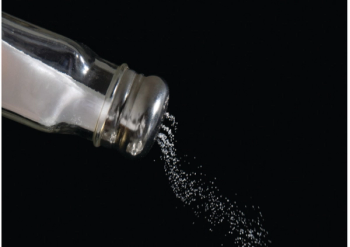
Lowering salt intake was not found to reduce visits to the emergency department, however, there were improvements in quality of life.

Milind Desai, MD, national principal investigator of the VALOR-HCM trial, discussed new results presented at the American College of Cardiology 2022 Scientific Sessions.

Analysis is based on 2018 hospitalization rates of patients with cardiovascular disease in New Jersey.

Measurements may not be accurate in those with darker tones, according to analysis to be presented at the American College of Cardiology’s 71st Annual Scientific Session.

They are also at greater risk of death than men when undergoing cardiac procedures, a new analysis shows.
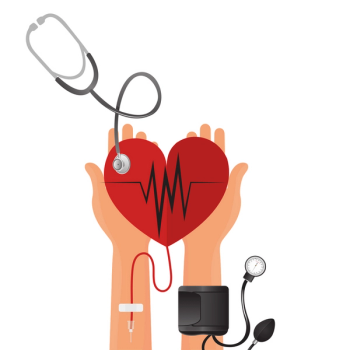
Analysis to be presented at the American College of Cardiology’s 71st Annual Scientific Session is based on the health records of 495,386 patients.
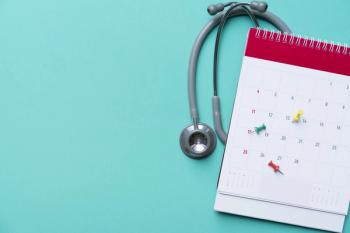
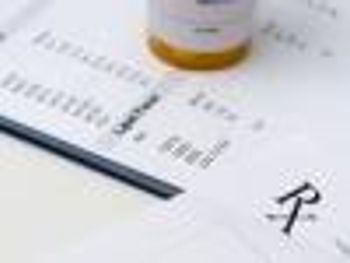
At the American College of Cardiology Scientific Session, a study of prescriptions for PCSK9 inhibitors confirms what doctors say about trying to get their patients access to the cholesterol drug.
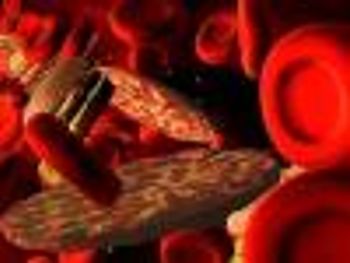
A double dose of inclisiran reduced LDL cholesterol up to 52.6%.

Discrepancies found when comparing real-world findings to clinical trial findings.
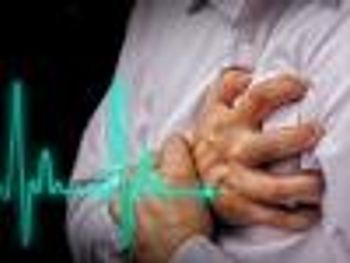
Preliminary trial finds moderate-intensity exercise does not increase adverse events in this patient population.

Researchers sought to change the volume of fatty deposits in a coronary artery that was at least 30% blocked.
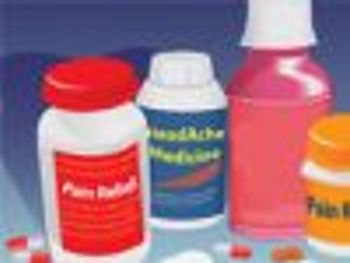
Study compares common treatment options to prevent recurrent venous thromboembolism.

Complications associated with left main bifurcation can impact stent choice.
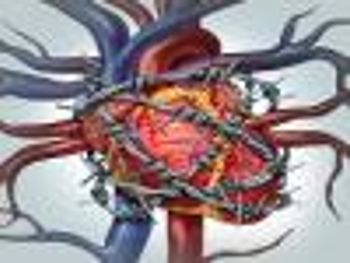
A multi-faceted screening approach could prevent sudden cardiac deaths in young athletes.

Including warning labels may improve healthy eating habits.

Americans admitted to the hospital for heart failure have a 6% higher risk of dying than patients admitted in the spring.

Treatments have only increased 10% in hospitals nationwide over the past decade.
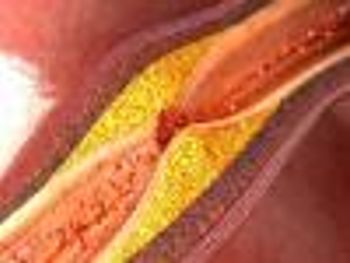
A self-expanding transcatheter aortic valve replacement (TAVR) procedure was just as effective as surgery in intermediate risk patients.
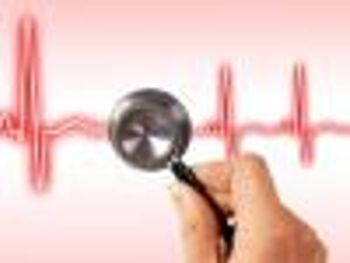
The Patient Navigator Program reduced readmission for heart attack or heart failure patients by 81.3%.

Evolocumab offers a 25% reduction in cardiovascular (CV) death, heart attack, or stroke after the first year.
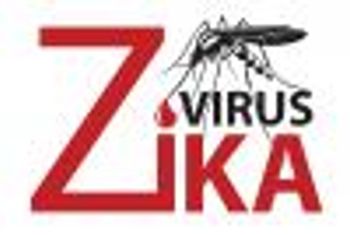
Small case report found an association between the Zika virus and cardiovascular complications.
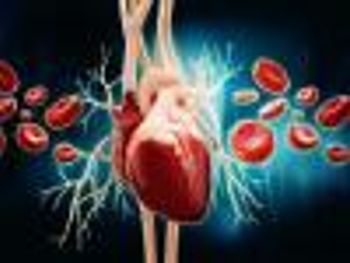
FOURIER trial meets its primary composite endpoint reducing cardiovascular risk factors.
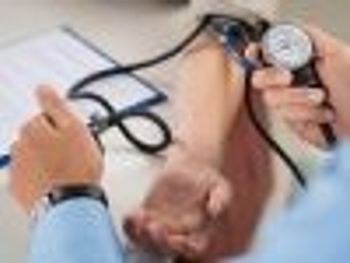
Some high-risk patients have better than expected outcomes due to frequent follow-up by physicians.
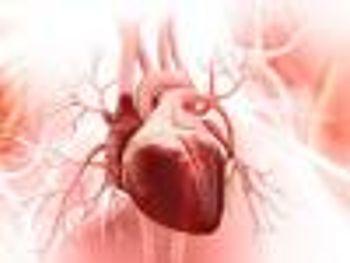
The study from Sweden found a substantial benefit for men taking the class of drugs that was discovered by accident when researchers were developing a treatment for angina 2 decades ago.

The study finds that this biomarker can show which patients may develop heart disease even if they have no current blockage or elevated cholesterol levels.

Researchers have identified another high associated with marijuana use: the risk of heart failure and cerebrovascular accidents.